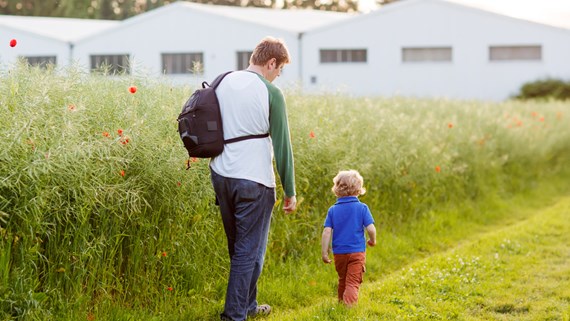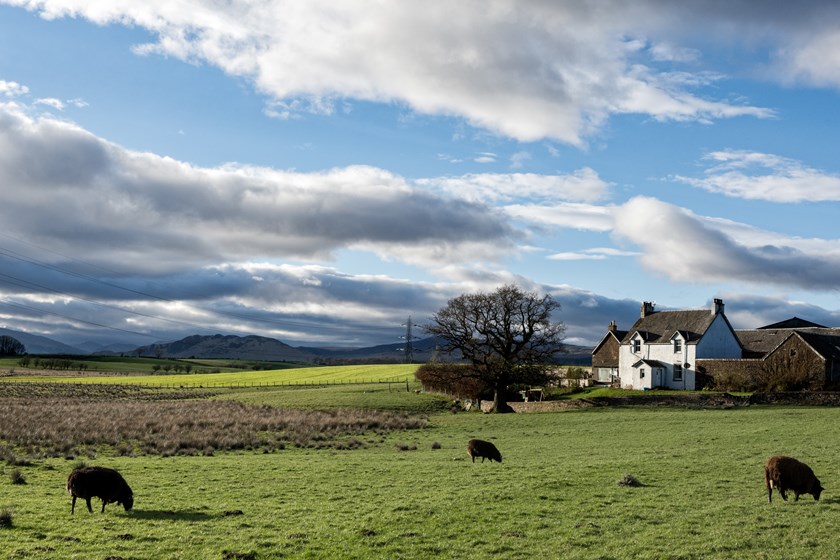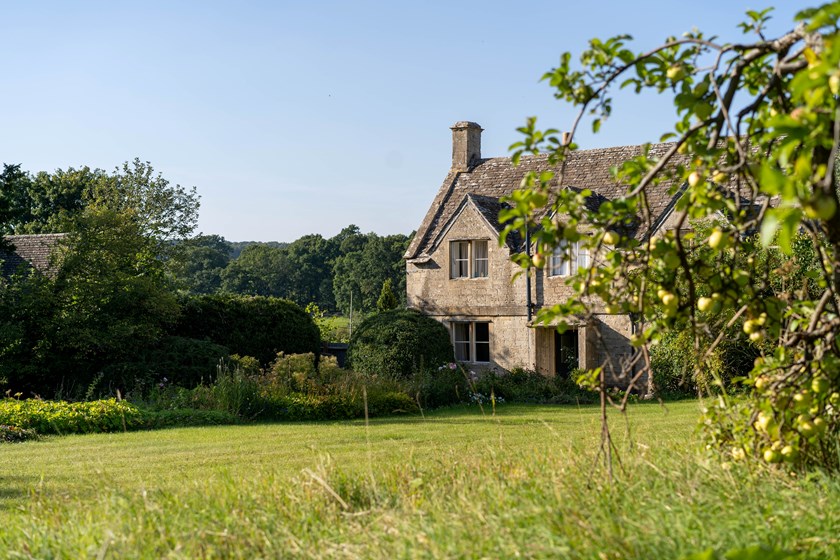Children on the rural estate
Insight

Do you open the house and garden to the public at times throughout the year? Do under 18s work or volunteer on the estate, for example as beaters, stewards or gardeners? Do you host events in which children participate, such as Easter egg hunts, Christmas markets, summer fetes? Do you organise educational visits? Do you rent out space for corporate events where children may be present?
Child protection (or safeguarding) is much in the news as a result of scandals in schools and religious organisations. Institutions in many sectors are, consequently, looking carefully at how they fulfil their legal responsibilities to children.
The extent and type of interaction that a rural estate or heritage property may have with under 18s will determine what safeguarding arrangements should be put in place, and this will, of course, vary from estate to estate.
Your responsibility
In circumstances where you have interaction with children you need to ensure that the estate (and the activities you host and organise on it) is safe for them. This means ensuring:
- health and safety has been properly considered and appropriate measures taken to protect the physical safety of children when they are on your property or engaged in activities organised or hosted by you;
- any individuals working for you (as employees, contractors or volunteers etc) who come into contact with children are suitable for the work they do and have been subject to the appropriate pre-recruitment checks;
- people working at the estate (in whatever capacity) know what to do if they have concerns about a child’s welfare;
- relevant managerial staff (and charity trustees) consider safeguarding at appropriate times, understand their responsibilities and keep policy and practice under review; and
- advice and guidance is sought when necessary, for example an incident occurs on your site or allegations are raised against a member of your staff or a volunteer.
What this means in practice
Health and safety
This is likely an area which you will already have well covered. Whether by virtue of your status as a business, employer or a charity – you will be expected to have a comprehensive health and safety policy in place, which is tailored to what you do, followed in practice and reviewed on a regular basis.
Recruitment
When recruiting anyone who will or may come in contact with children through their work, for example a gamekeeper who will supervise young casual workers, or an outreach manager running events for schools, you should think about building steps into the recruitment process to test candidates’ suitability to work with young people.
The Charity Commission requires charities to prevent harm and abuse “with a rigorous recruitment and interview process” and this is good practice even if you are not a registered charity.
Rigorous recruitment should involve interviewing candidates in person and asking for and following up on references from reputable sources, as well as carefully looking at CVs and investigating any gaps in employment history.
You should also consider whether anyone working/volunteering for you or applying for a role is eligible for a Disclosure and Barring Service (DBS) check. You can ask for a basic check – which reveals any unspent convictions and conditional cautions – from any of your volunteers and employees. We advise that you ask for a basic check from any individuals who work with children (or vulnerable adults) in any way, and then require the higher levels of DBS check if the individual in question is eligible for one.
The DBS has online guidance documents1 on eligibility and an online ‘eligibility checker’ which is a useful starting point, especially for the more clear-cut cases.
However, expert advice should be sought in less straightforward cases.
DBS checking should never be treated as the only or central part of a safe recruitment process. It should just be one consideration when assessing whether a candidate is suitable to work with children.
Handling concerns and allegations
All trustees, employees and volunteers should be aware of what abuse is and how to spot it; and there should be a clear system for reporting concerns as soon as abuse is identified or suspected. This is good practice (and a requirement of Charity Commission regulatory guidance).
The simplest and most effective way to do this is to have a safeguarding policy in place, which is shared with all trustees, staff and volunteers. This need not be a long and complex document, but should explain its purpose, identify what abuse is and tell staff what to do should they have concerns about a child’s welfare or receive disclosure of any allegations.
You should also have (depending on the size of your team) at least one person who takes responsibility for safeguarding and acts as the main point of contact should any issues or concerns about safeguarding be raised. This person should be trained in how to handle concerns raised about a child and allegations made against staff members/volunteers.
How you should respond will of course depend on the nature of the allegation or concern. In serious cases advice should be taken from the outset. Responses could include some or all of the following; informing the Local Authority Designated Officer (LADO) about what has happened (the LADO is the individual/team at the local authority tasked with advising and coordinating responses to allegations against adults working with children), suspending an employee while an investigation is
conducted, conducting a risk assessment and putting in place a safety plan.
Governance
An organisation’s culture is almost always set and maintained by those who lead it, and it is important for managers, trustees and directors to be involved in establishing a strong safeguarding culture. This is particularly important for charities. The Charity Commission’s most recent safeguarding guidance for charities and trustees was published in October 2018. It sets out a clear list of what trustees and charities are
expected to do with regards to safeguarding, and includes a summary info-graphic of the “10 actions trustee boards need to take to ensure good safeguarding governance”, including, among others, having an adequate safeguarding policy and code of conduct (which is periodically reviewed), ensuring people know how to raise a safeguarding concern and carrying out DBS checks for eligible roles.
Tricky issues
Safeguarding issues are rarely straightforward but should always be handled promptly, thoroughly and sensitively, with the interests of the child at the forefront and in accordance with statutory guidance and expert advice. Safeguarding concerns and allegations crop up in all sorts of organisations, including private estates and heritage property. An organisation or individual is more likely to respond well to a difficult
situation if it has been anticipated (so far as possible) and prepared for. Having clear policies, a leadership team that knows its responsibilities and well-recruited staff will all help to reduce the likelihood of incidents arising and increase the chances of responding well if they do.
If you require further information about anything covered in this briefing, please contact Sophia Coles, or your usual contact at the firm on +44 (0)20 3375 7000.
This publication is a general summary of the law. It should not replace legal advice tailored to your specific circumstances.
© Farrer & Co LLP, July 2019






